Is This the Right Time in Your Life for Bariatric Surgery?
A new surgical weight-loss procedure called SADI-S and a healthy lifestyle have helped Roxanne Ferguson drop more than 100 pounds.

If you’ve struggled to lose weight but kept bariatric surgery on the back burner, you may be wondering when it’s finally time to move forward. For Roxanne Ferguson, who lived with type 2 diabetes, the hormone disorder polycystic ovary syndrome (PCOS), high triglycerides, and other health conditions, the impetus was two-fold.
“Initially, it was trying to have children that made me seek out bariatric surgery,” said Roxanne, who knew PCOS can impact fertility. “But what finally motivated me to make a change was my dad having a heart attack and knowing there was more risk to being overweight than just preventing me from getting pregnant.”
In December 2020, Ferguson completed a new procedure called a SADI-S, or single anastomosis duodenoileostomy with sleeve gastrectomy. The surgery, also known as a modified duodenal switch, may be done in one or two stages.
The first part is a sleeve gastrectomy, a minimally invasive procedure in which the surgeon removes 80% of your stomach, leaving it the size of a banana. During the second step, the surgeon bypasses all but 10 feet of the small intestine. This strictly limits the amount of calories and nutrients the can absorb from food.
Many people lose a significant amount of weight with just the sleeve gastrectomy. When Roxanne’s weight loss plateaued, she reached out to the Virtua team and learned her PCOS had flared. They regulated her hormones and suggested the intestinal bypass to continue her weight-loss journey.
“This aggressive approach allows patients to lose 80% of their excess weight and reverse 90% of type 2 diabetes cases, the highest of all bariatric surgeries,” said Roxanne’s bariatric surgeon, Samuel Wasser, MD. “Virtua is one of the only accredited bariatric programs in the region to offer this advanced procedure.”
On the Way Down
Thanks to embracing her new, healthy lifestyle and support from family and friends, Roxanne has dropped more than 100 pounds. She no longer takes medicine for her diabetes and PCOS, and is able to be more active and enjoy life with her husband and young daughter.
Roxanne celebrates even the small victories of her weight loss. “Waking up every day and being able to put on a piece of clothing that isn’t as big as it was, and being able to go shopping in any store and find an outfit that fits, it’s made me cry,” she said. “I fit in this size. I can’t remember the last time I wore this size. That’s something to look forward to more in the future.”
Are You Ready?
How do you know when you’re at the right place in your life for weight-loss surgery? Here are three signs:
- Your weight is affecting your health. Along with losing undesired pounds, bariatric surgery will improve cardiovascular health, cause long-term remission of type 2 diabetes, eliminate sleep apnea, relieve joint pain, and improve your mood. It also can improve fertility and reduce your risk of pregnancy-related complications.
- You’re committed to making healthy lifestyle changes. For optimal long-term results, the surgery must be combined with a healthy diet and regular physical activity.
- You’ve lost and regained weight. If you’ve tried other weight-loss methods without lasting success, bariatric surgery may be the long-term solution.
Ferguson encourages others to consider weight-loss surgery.
“For someone who is doubting themselves or doubting the procedure, what will it hurt if you just pick up the phone to call the doctor for an appointment?” she said. “What will you gain? You will gain your health back.”
Thinking About Surgical Weight Loss?
Virtua offers free, online bariatric surgery seminars each month. Visit virtua.org/BariatricSuccess to learn more and sign up.
There's So Much More to Explore
Discover expert insights, inspiring stories, health tips, and more by exploring the content below!

Understanding Food Addiction: Causes, Symptoms, and Recovery Strategies

What To Eat Before And After Your Workout

HeartTalk Magazine

Healthy Takeout Made Easy: What to Order for Better Nutrition

How Weight-Loss Surgery Can Improve Diabetes, Heart Health, and More

How to Achieve Your Health Goals This Year

Why Weight Loss Plateaus Happen (And What to Do Next)

How to Bounce Back From Holiday Overeating

Why on Earth Am I Always So Cold?

Allegra Is Thriving With Crohn's Disease

Foods to Enjoy and Avoid for GLP-1 Heartburn

Baseball Coach Turns Male Breast Cancer Surprise into Personal Mission
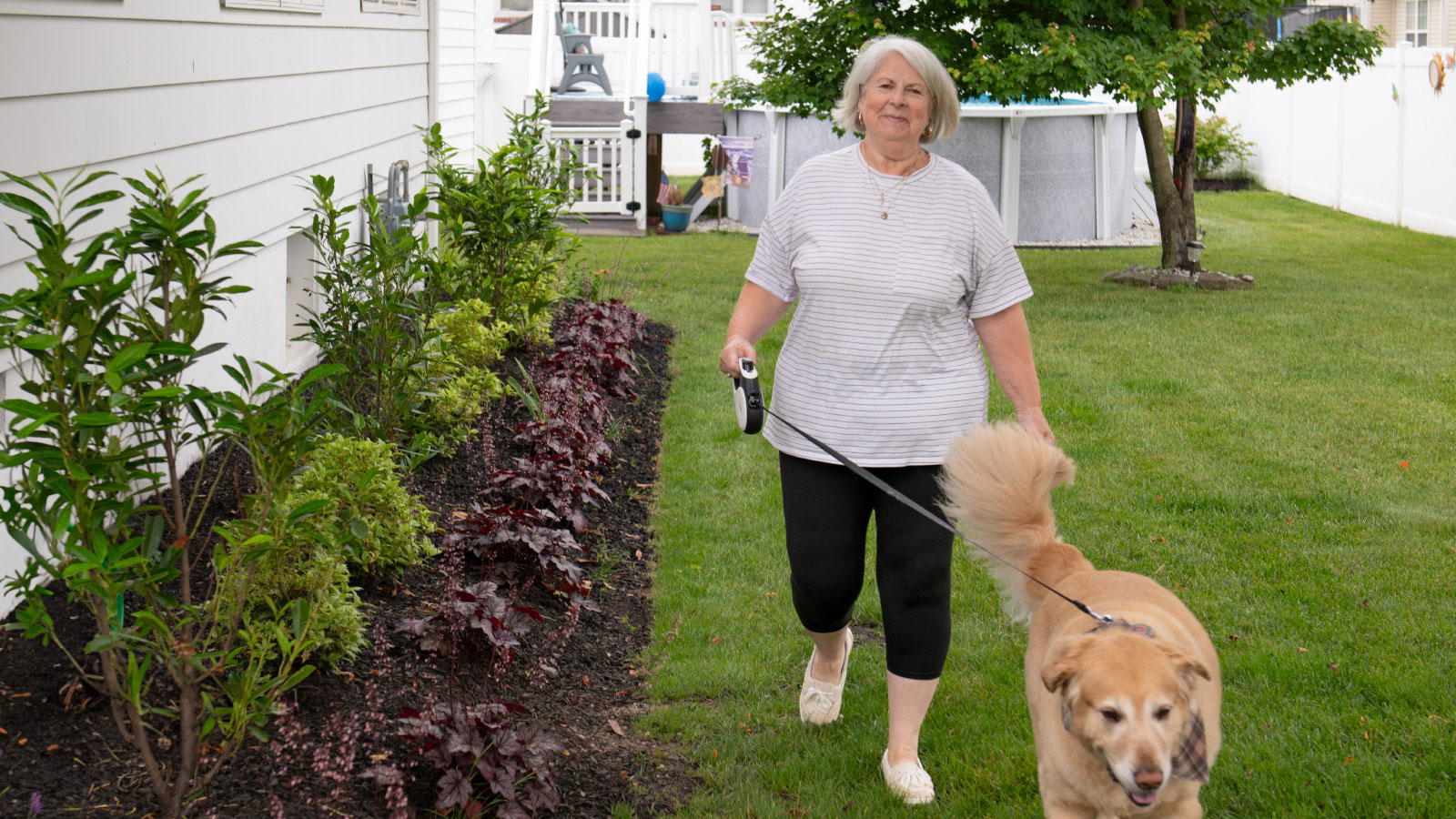
From Caregiver to Patient: Robotic Surgery Relieves Teresa's Knee Pain

Tara's Story: From Debilitating Uterine Fibroid Pain to a Half-Marathon Medal

Fall Vegetables: The Health Benefits and Recipes to Try This Season

How to Curb Nighttime Snack Cravings

Focus on Mental Health Is Key Part of Andrew's Weight-Loss Journey

'Feeling Joy Again': ECT Brain Stimulation Therapy Restores Ashley's Well-Being

Lifesaving Heart Care Creates a 'Bond That's Never Left Us'

3 South Jersey Farmers Markets You Must Visit This Fall

Caring Maternity Team Transforms Harley's Pregnancy Crisis Into Lasting Memories
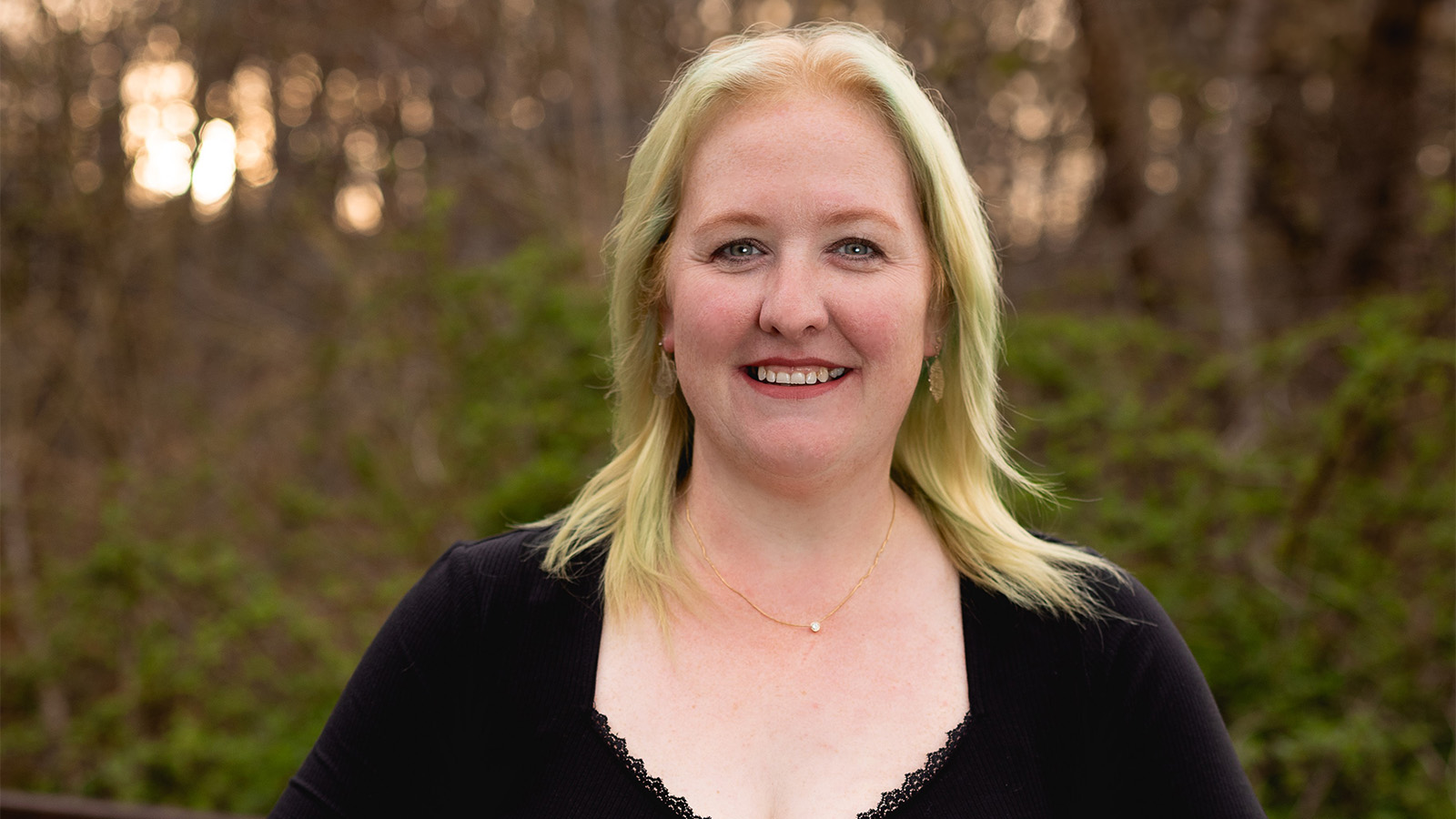
Robotic Hysterectomy, Trusted Care Help Bobbi Shine Again

Easy, Healthy Lunch Ideas for the Beach
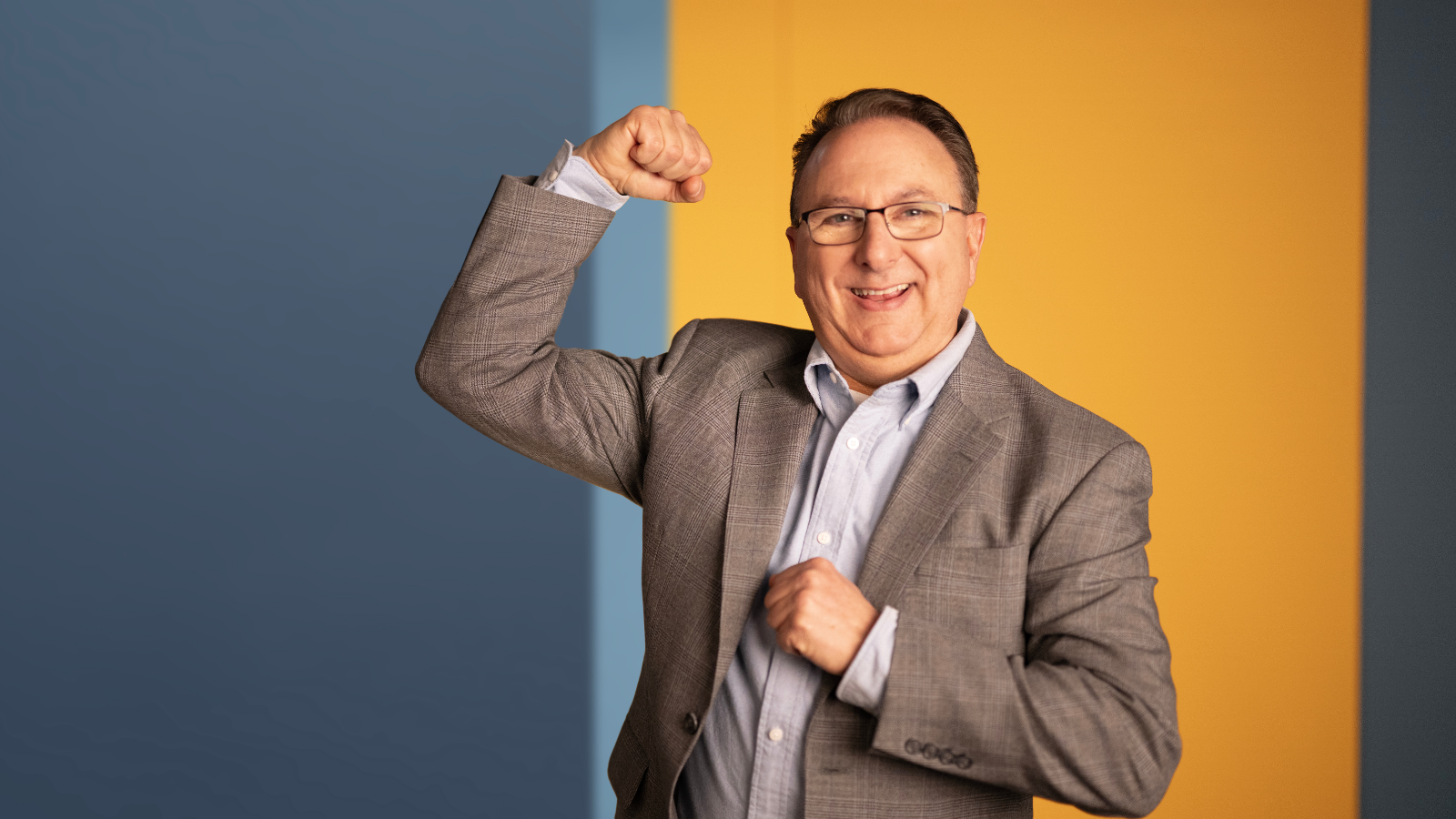
Groundbreaking Renal Denervation Procedure Controls a Lifetime of High Blood Pressure
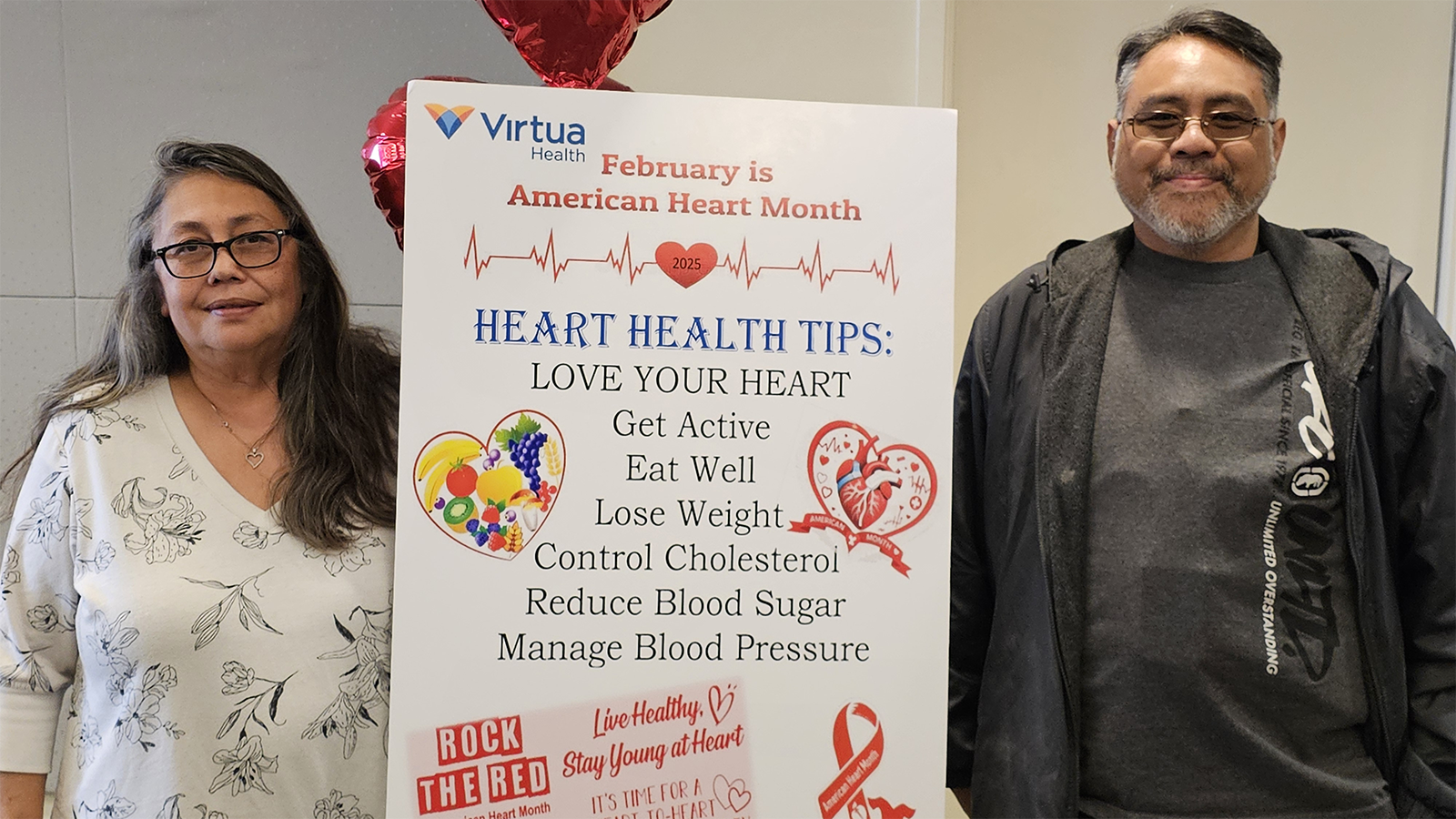
Patient Story: LVAD Mechanical Pump Strengthens Michael's Heart Function

5 Light and Healthy Recipes Perfect for Spring

Rock On! Jersey Musician Frank Sings the Praises of His New Lung Valves
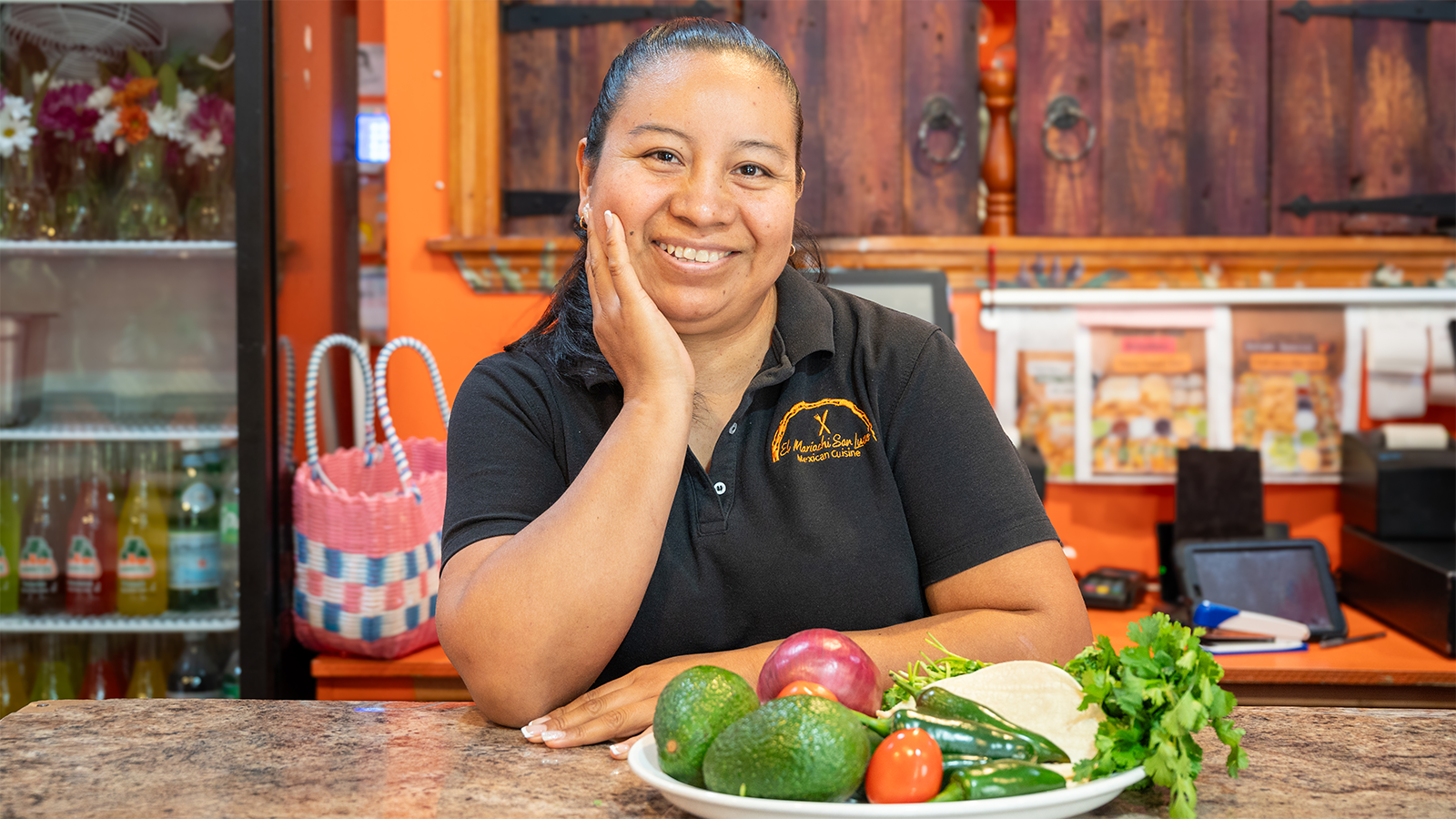
Mitral Valve Surgery Keeps Yaneth Living the American Dream

How Do You Manage the Side Effects of Weight-Loss Medications?
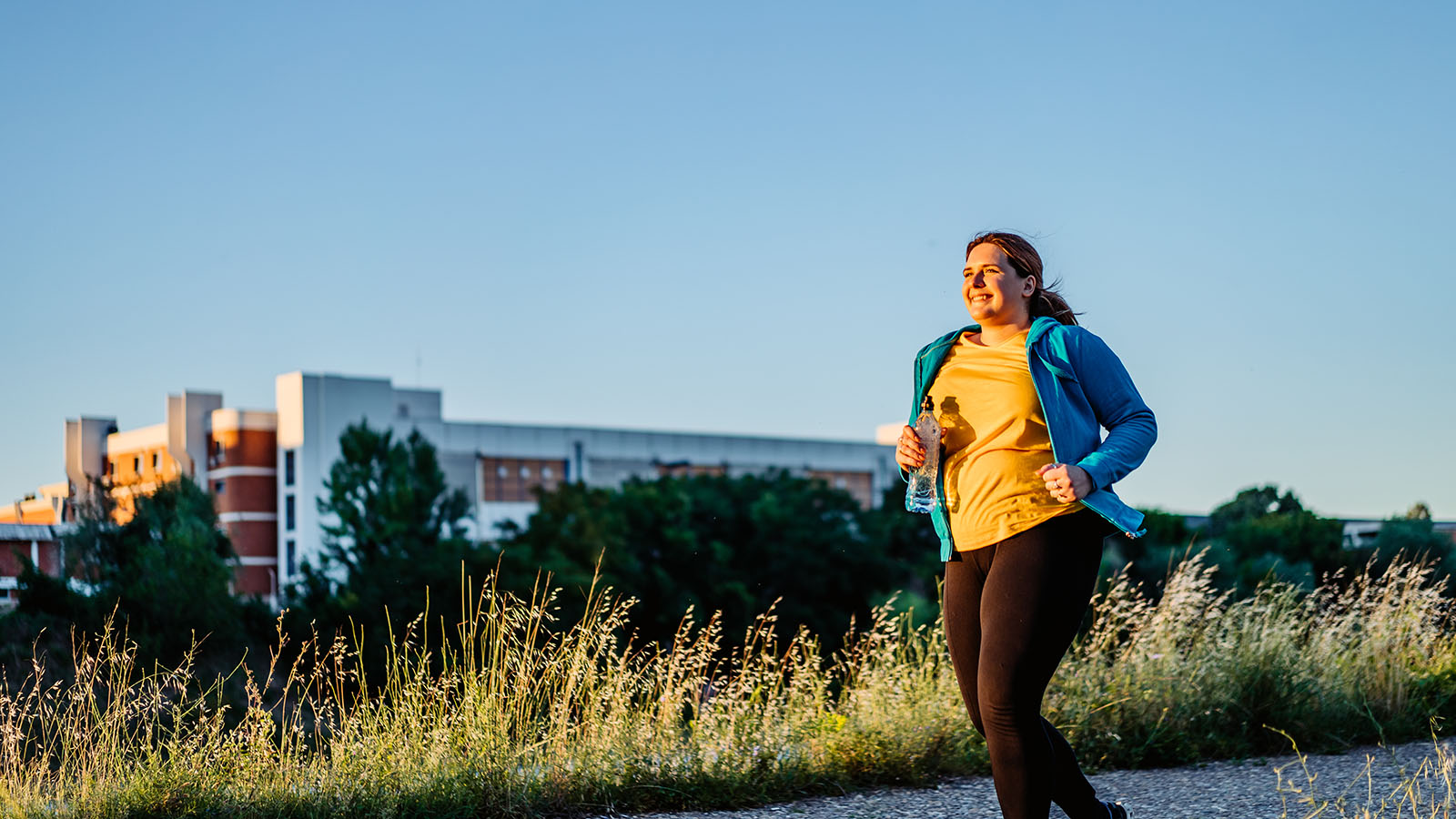
Which Weight-Loss Option is Best for Me?
Inside Look at Blood Vessels Aids PAD Treatment
Denise Davis: Pay Attention to Your Heart Health

Prayers Answered: Pastor Gatling on New Mission After Kidney Transplant
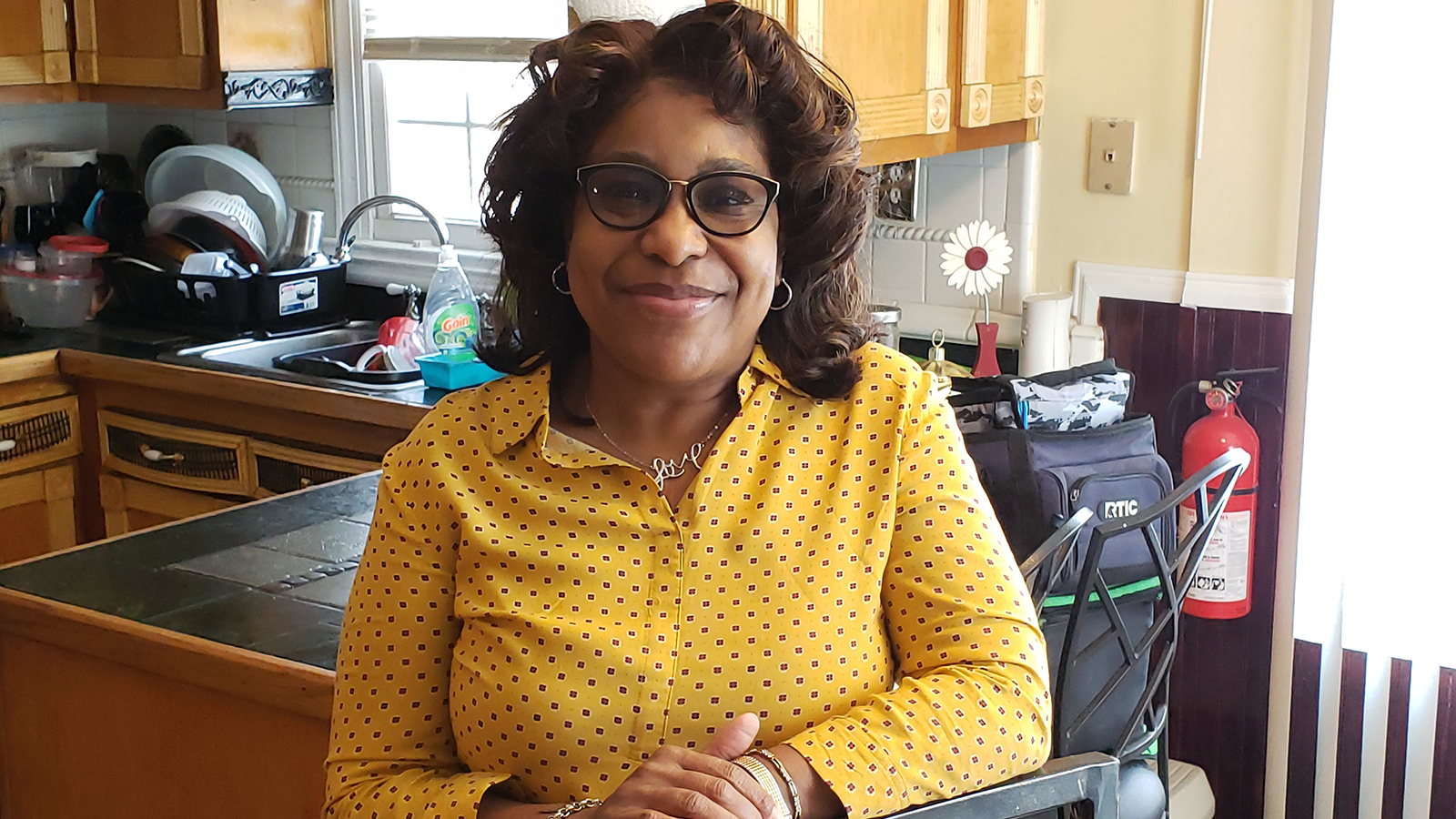
Rare Kidney Autotransplant Gives Patricia More Time With Family

Sweet Music: Trust, Teamwork Save Justin from Heart Attack

Advanced Minimally Invasive GYN Surgery Puts You at the Center of Care

Complex Heart Surgery Nets James a Lifelong Friend

Your 10-Point Plan to Avoid Winter Weight Gain
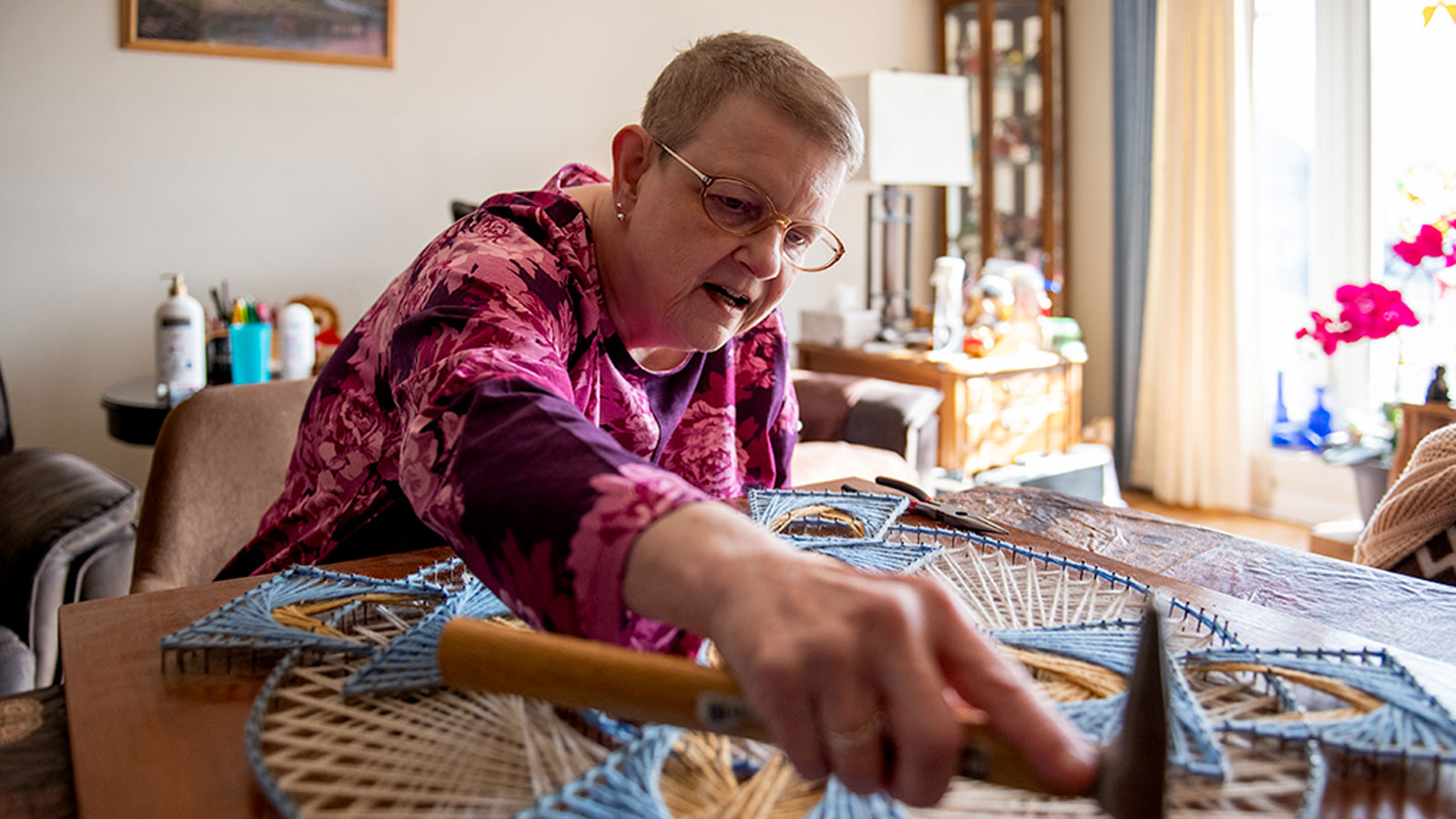
Hepatitis C Kidney Transplant a Blessing For Lee Manns
Special Delivery Organ Transplant Gives Amazon Employee Second Chance

7 Reasons Why You Want Your Surgeon to Be an Expert in Robotics

Colitis Symptoms Under Control, Jennifer Is ‘Living My Best Life’

Augmented-Reality Surgery Has Bobby Back on Stage, Rocking His New Hip

Robotic Hernia Surgery Combines Innovative Techniques With Faster Recovery Times

One New Heart Valve Saves Two Lives in the Tritten Family
Lung Valve Surgery Relieves COPD, Emphysema Symptoms

Lung Screening, Robotic Technologies Get Pat Kicking Up Her Boots Again

Breast Cancer Diagnosis Inspires Catherine to Help Others

Jasmine’s On-Air and Pain-Free After Gallbladder Surgery

What is the 80/20 Diet Rule?

Quick Action Leads to Jesse's Recovery From Stroke

Wide-Awake Hand Surgery Speeds Recovery, Puts Control in Patients' Hands

South Jersey Veteran Thrives After Cross-Country Kidney Donation

Albert's Emergency Cardiac Surgery Is a 'Story of a Lifetime'
Advanced Heart Failure Therapies Get Bernadine Back to Full Speed

Sarah Wins Back Her Health After Crohn's Disease Diagnosis

Overcoming Addiction, Philip Now Sees More Positive Side to Life
Firefighter's Successful Lung Cancer Care at Virtua
A Lung Screening Put Teresa Back in the Race

A Breast Self-Exam Saved Kristen's Life

Early Treatment is Best to Relieve Hemorrhoid Symptoms

Local Pastor Makes Kidney Health Mission of Ministry

Is This the Right Time in Your Life for Bariatric Surgery?

All for Bear: Dan Loses Weight to Be His Son’s Kidney Donor
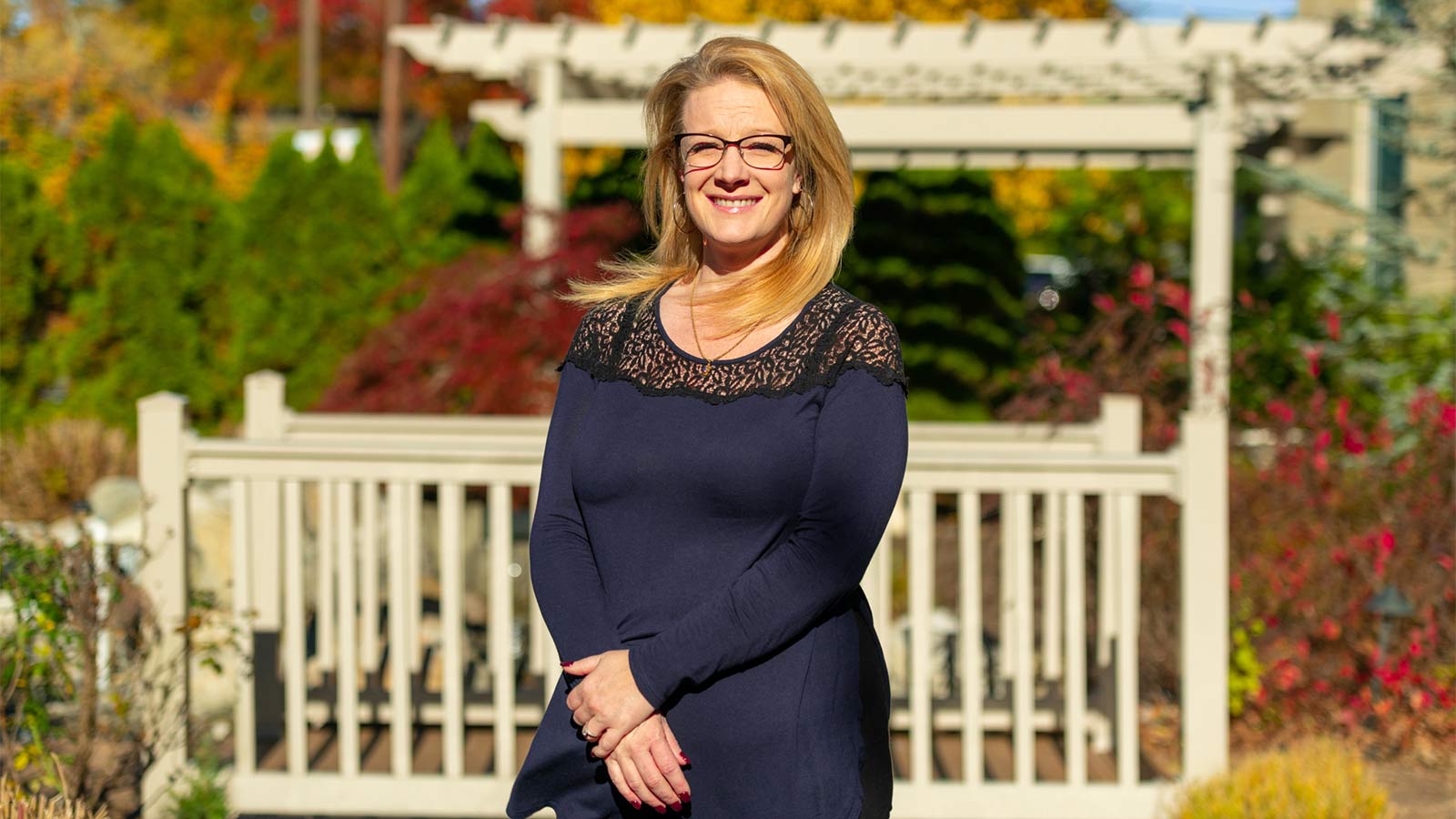
‘Astronomical Changes’: Brain Stimulation Therapy Lifts Ashley’s Depression

Forget Dieting: Find Your Eating Pattern

Hyperbaric Wound Therapy Puts Joette Back in Motion

Robotic Hernia Repair Renews David's Active Lifestyle

